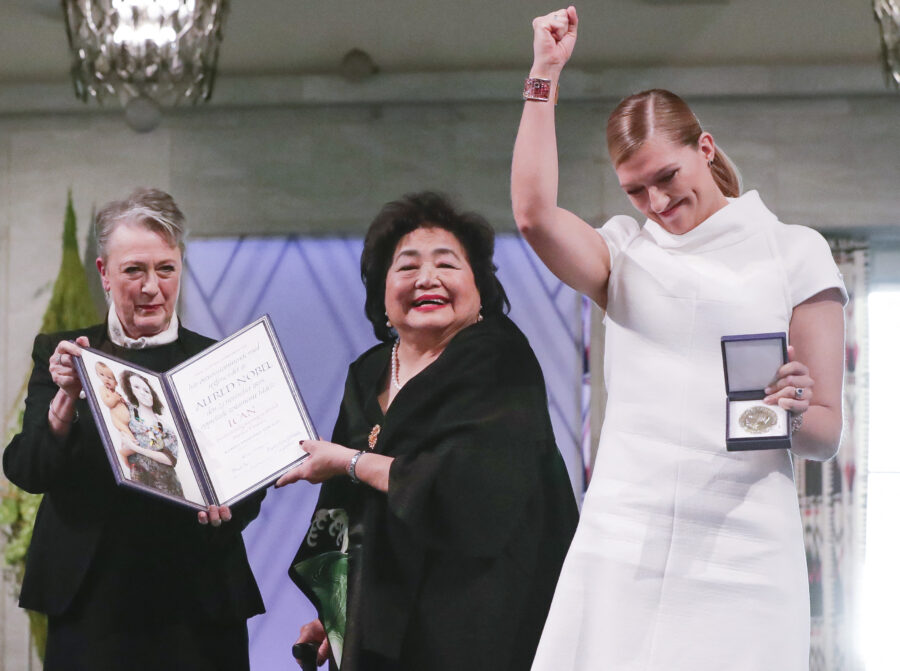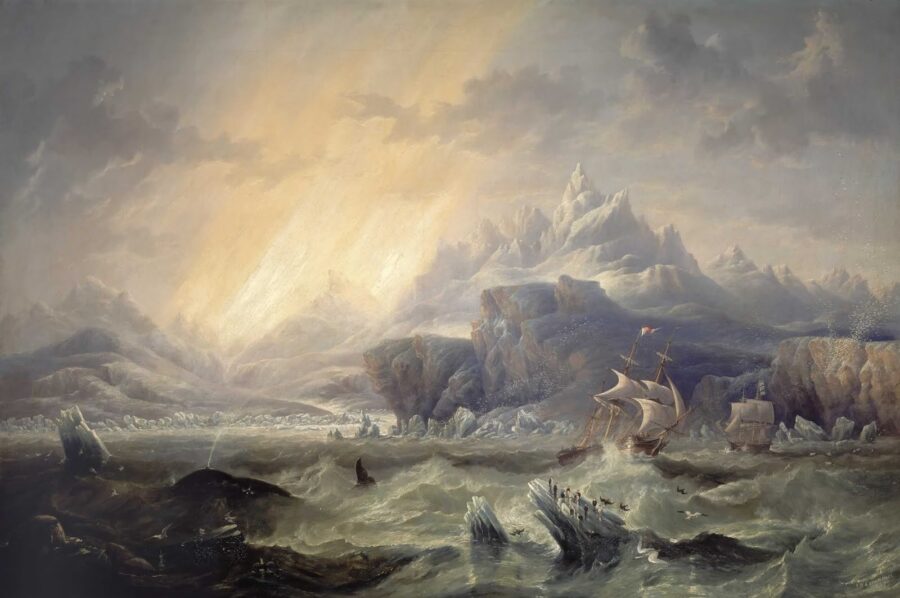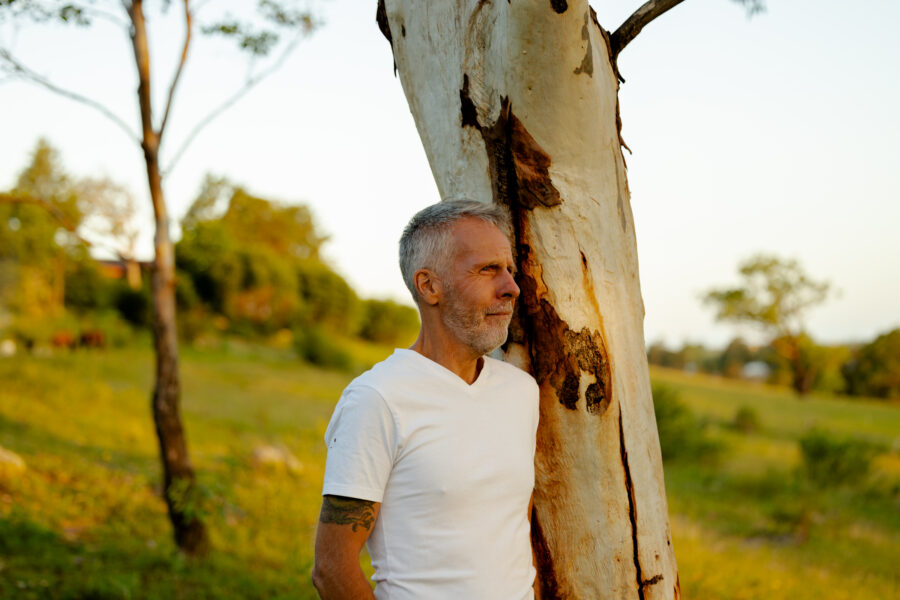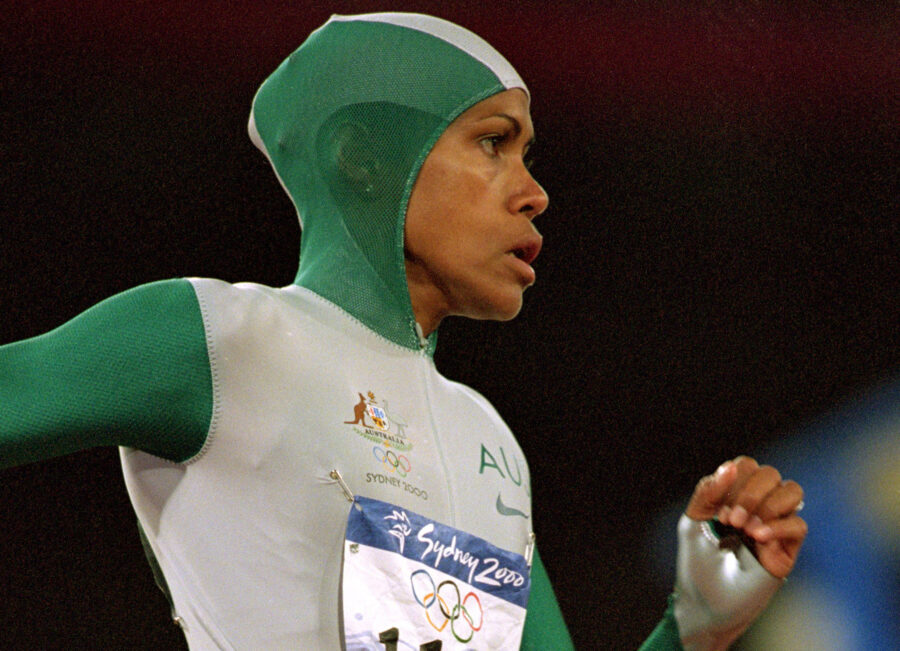Defining Moments in Australian History: The ongoing campaign to abolish nuclear weapons

In the late 1960s, as the Cold War nuclear arms race gained momentum across the globe, the United Nations penned an international treaty to address the looming threat of global nuclear annihilation. Opened for signature in July 1968, the Treaty on the Non-Proliferation of Nuclear Weapons aimed to prevent the spread of nuclear weapons and promote peaceful cooperation in the use of nuclear energy. It came into force in 1970 and was extended indefinitely on 11 May 1995.
More than 190 countries signed the pact, including five nations with nuclear weapons – the United States, the Soviet Union, the United Kingdom, France and China. But the agreement sought to reduce the spread of nuclear weapons, not abolish them. And anti-nuclear activists in Australia and across the globe wanted a more hardline stance against weapons of mass destruction.
“We need a determined worldwide movement to outlaw and abolish nukes,” Geelong-born GP Dr Bill Williams, co-founder of the International Campaign to Abolish Nuclear Weapons (ICAN), said in 2006. “To get there in this generation, we need to build the wave of public opinion into a mighty crescendo: a massive, surging, irresistible force which carries us all the way to absolutely zero nukes. Without it, even the most inspirational of leaders will falter on the way.”
The concept for ICAN was first proposed by Dr Ron McCoy, a Melbourne-based obstetrician and former co-president of International Physicians for the Prevention of Nuclear War (IPPNW). He initially suggested the idea through the IPPNW network. In 2006, during its 17th world congress in Helsinki, Finland, the IPPNW adopted ICAN as a priority action.
By 2007 ICAN had set up its first office in Melbourne. It soon developed into a coalition of diverse partner organisations around the world, all working towards a clear objective: a comprehensive, binding treaty to prohibit nuclear weapons and ultimately eliminate them. To achieve its goal, ICAN needed to have global reach, engage young people, and firmly advocate for the unacceptability of nuclear weapons. In 2011 ICAN opened new headquarters in Geneva, Switzerland, and began building its international workforce. ICAN is now a coalition made up of NGOs from more than 100 countries.
In 2016 it successfully advocated for a special UN working group on nuclear disarmament and campaigned for the UN General Assembly’s resolution to undertake negotiations on a treaty for the purpose of banning nuclear weapons. The subsequent Treaty on the Prohibition of Nuclear Weapons was driven by a growing sense of frustration over inaction on nuclear disarmament. ICAN was an active participant in the treaty negotiations process.
The treaty called for the total elimination of nuclear weapons, prohibiting nations from developing, testing, building, manufacturing, transferring, owning and stockpiling nuclear weapons. It has been argued that these strict demands polarised the international community. All nuclear-armed countries and many of their allies – including Australia – have not signed the treaty, which opened for signature on 20 September 2017 and came into force on 22 January 2021. To date, it has been ratified by 73 nations.
In 2017 ICAN received the Nobel Peace Prize for “its work to draw attention to the catastrophic humanitarian consequences of any use of nuclear weapons and for its ground-breaking efforts to achieve a treaty-based prohibition of such weapons”.
At the ceremony, held on 10 December 2017 at Oslo City Hall in Norway, ICAN’s executive director, Beatrice Fihn, accepted the award on behalf of the organisation.
“We are a movement for rationality. For democracy. For freedom from fear,” Beatrice said. “We are campaigners from 468 organisations who are working to safeguard the future, and we are representative of the moral majority: the billions of people who choose life over death, who together will see the end of nuclear weapons.”
ICAN’s receipt of the Nobel Peace Prize demonstrates, among other things, the influence of Australians in the international disarmament movement.
Today, ICAN is still active. The organisation continues to strive to enforce the Treaty on the Prohibition of Nuclear Weapons, working with its 652 partner organisations across the globe.
ICAN’s Australian office advocates for Australia to sign and ratify the Treaty on the Prohibition of Nuclear Weapons. It works with more than 70 partner organisations across Australia to continue building community support for nuclear disarmament.
‘The ongoing campaign to abolish nuclear weapons ‘ forms part of the National Museum of Australia’s Defining Moments in Australian History project.




